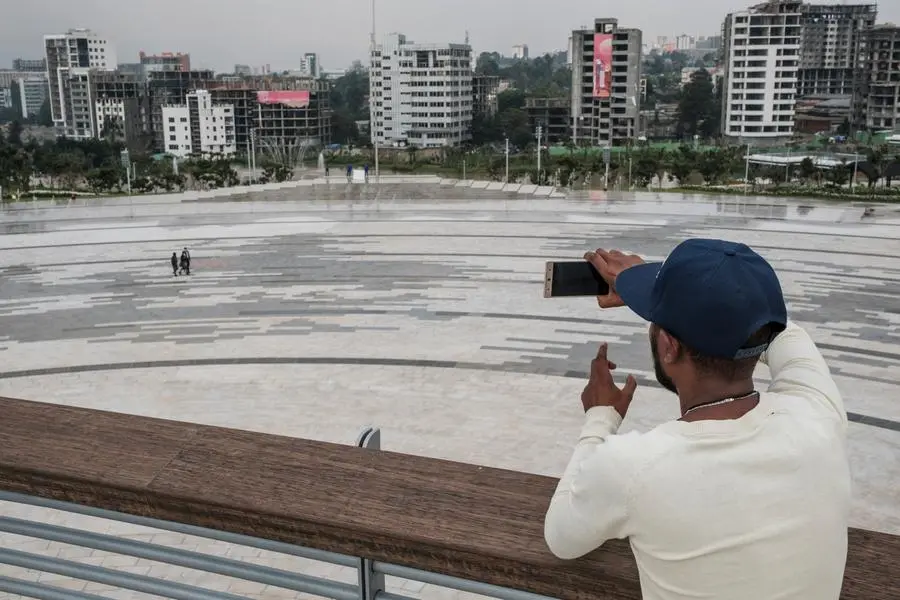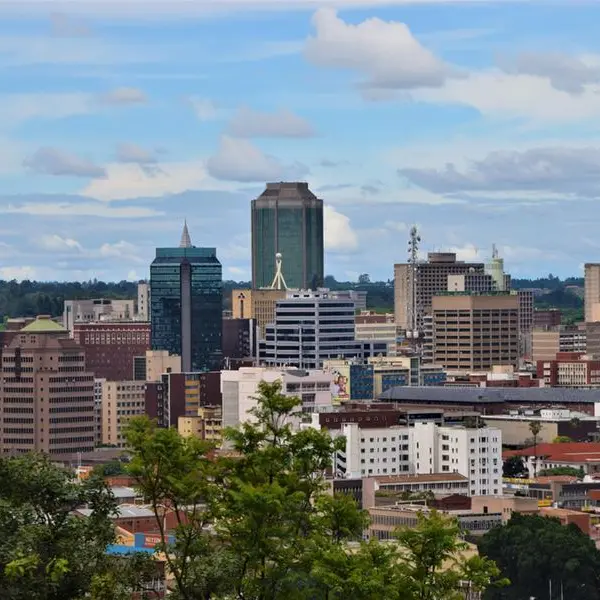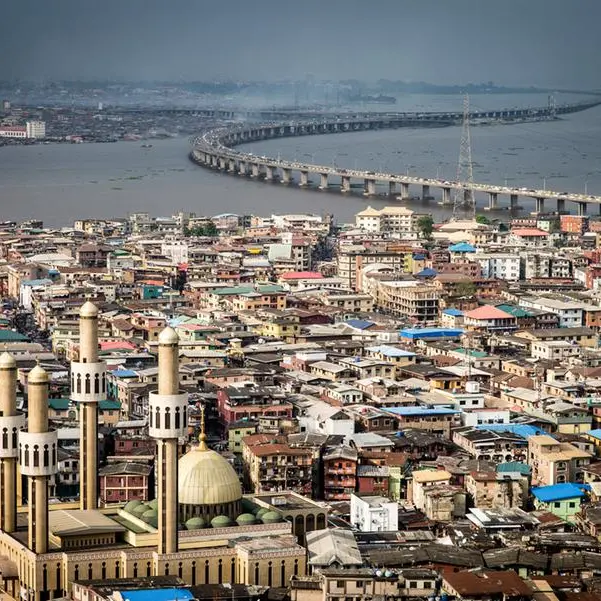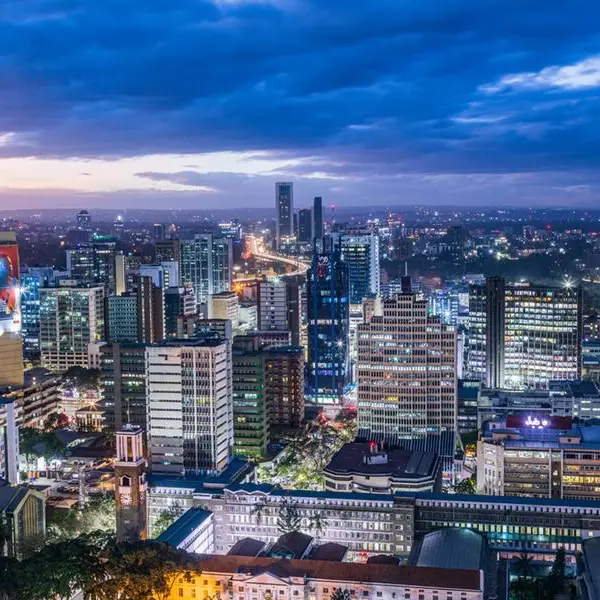PHOTO
Social media networks like Facebook and Instagram were back online in Ethiopia on Wednesday after being blocked for five months, according to an internet advocacy organisation and an AFP journalist.
A service run by the Open Observatory of Network Interference (OONI), an association that tracks online censorship, showed that access to social networks in Africa's second-most populous country was freely available after being shut down in early February.
An AFP journalist in Addis Ababa was able to access sites including Facebook, Instagram, and TikTok without using a virtual private network (VPN), a mechanism that enables an internet connection from a different location.
OONI and other internet censorship watchdogs reported a social media blackout in Ethiopia since February 9.
But the government has not commented on the shutdown, and neither the government in Addis Ababa nor the state provider Ethio Telecom has responded to queries from AFP.
Amnesty International said the blockage followed calls for street protests by leaders of the Ethiopian Orthodox Church after a group of rebel archbishops created a dissident synod.
Planned demonstrations over the move were eventually cancelled after a meeting of church leaders brokered by Prime Minister Abiy Ahmed in mid-February, but social media sites remained offline.
Ethiopian authorities have cut or throttled access to the internet and social media platforms many times in recent years.
Between 2015 and 2017, connectivity was interrupted on a number of occasions by the previous government as it faced the largest street protest movement in 25 years.
Under Abiy, this tendency has continued.
The northern region of Tigray, the scene of an armed conflict with the federal government, was largely deprived of telecommunications for the two-year duration of the war.
Networks in Tigray have been partially restored since a peace agreement was signed in November 2022.





















